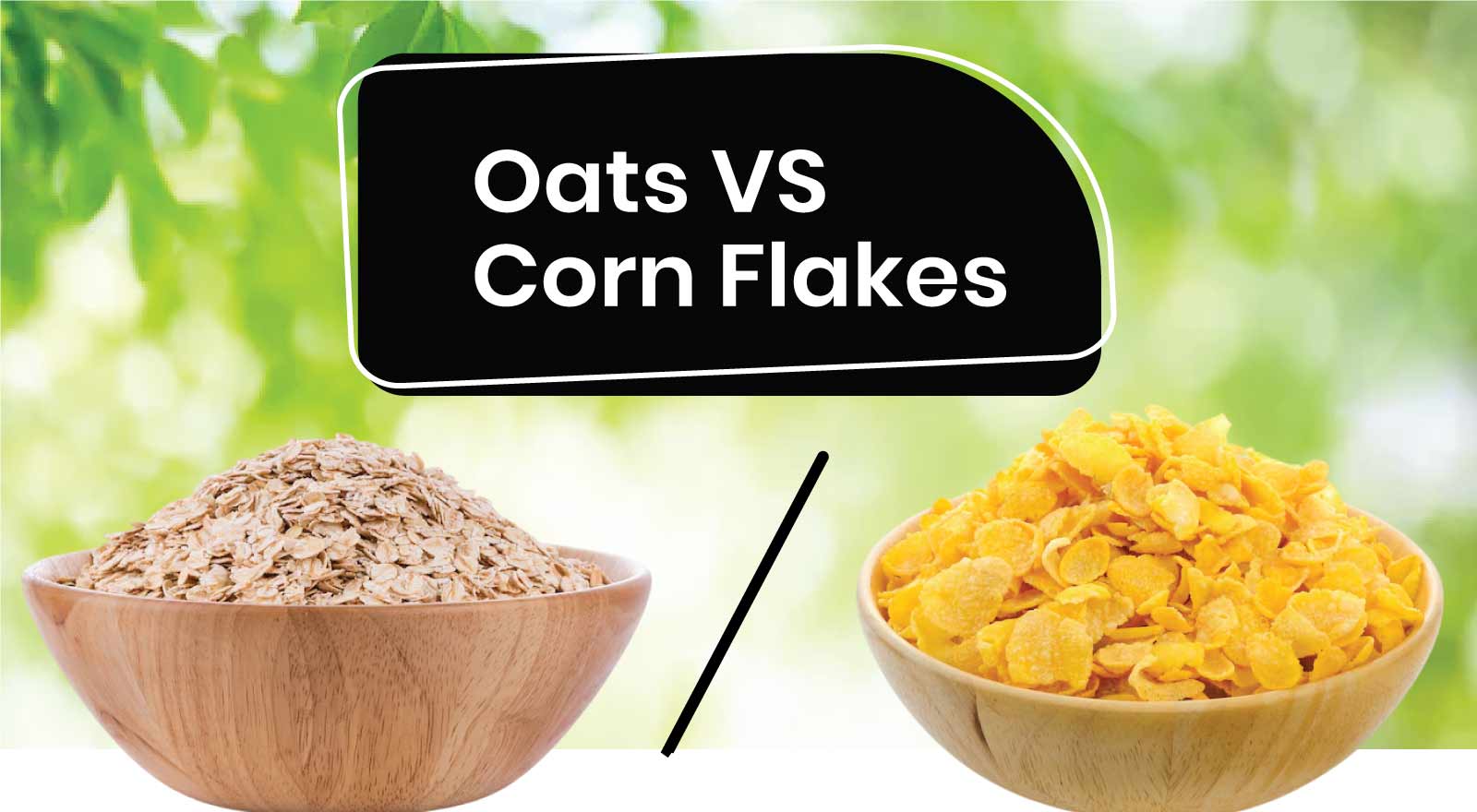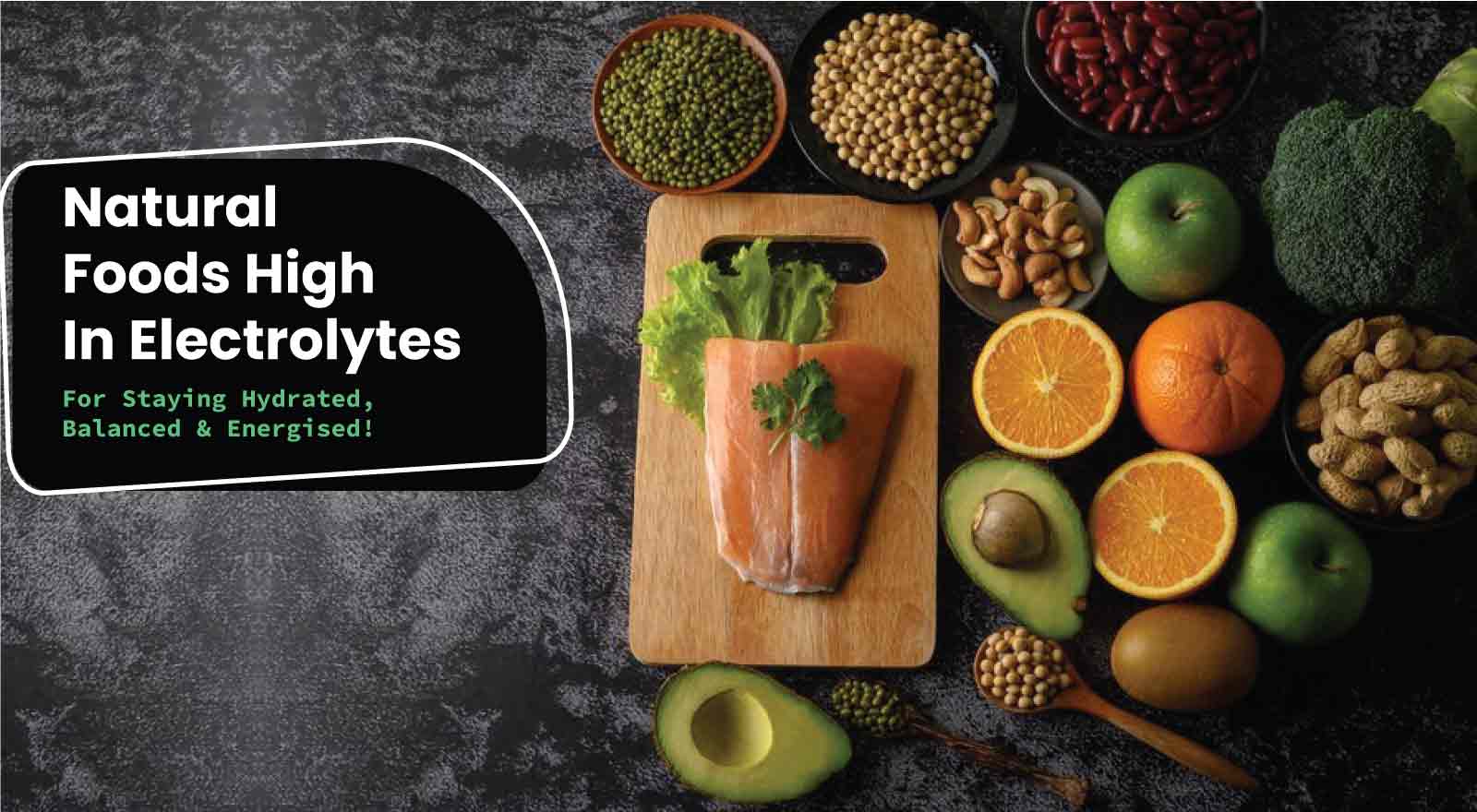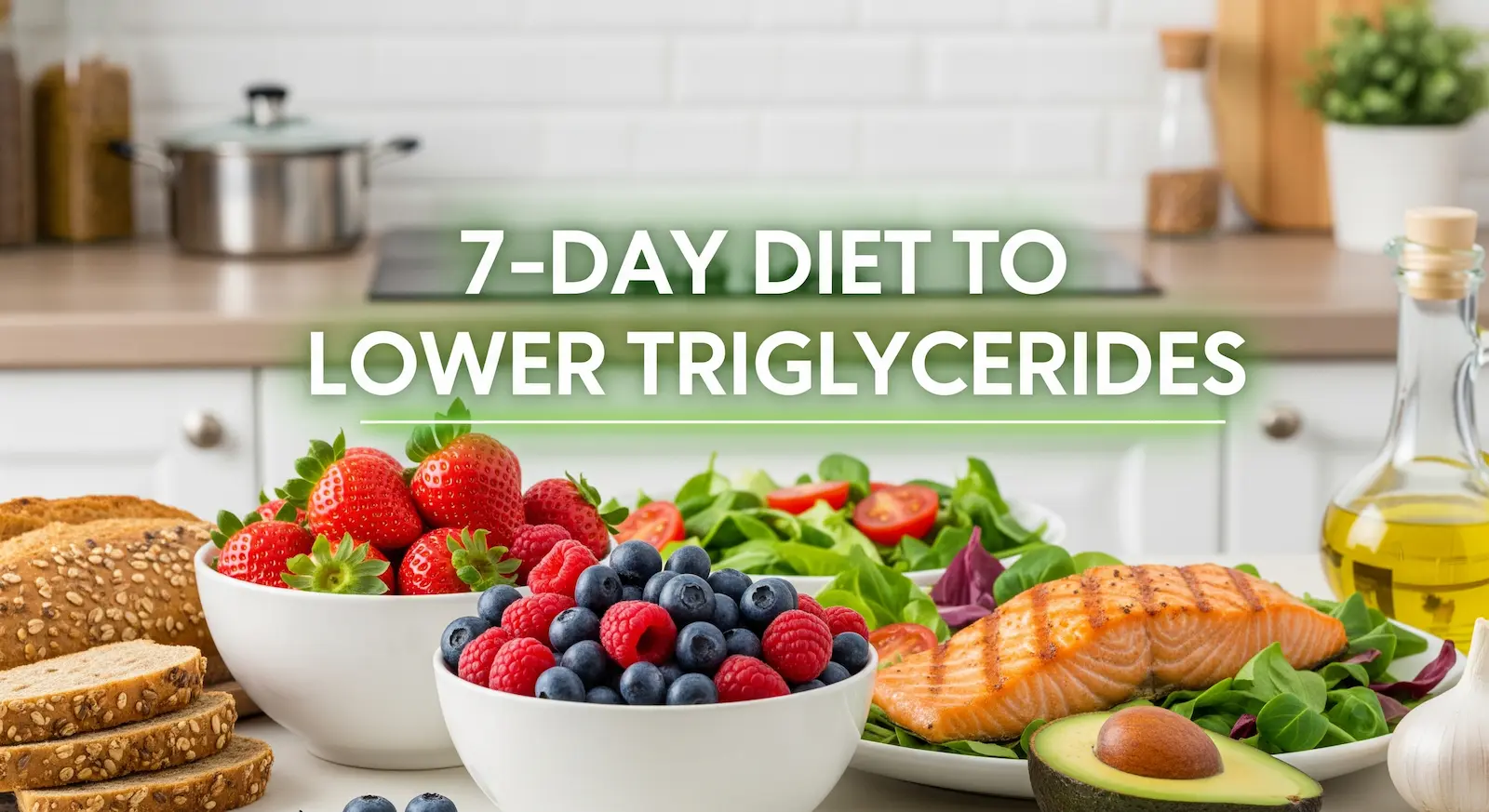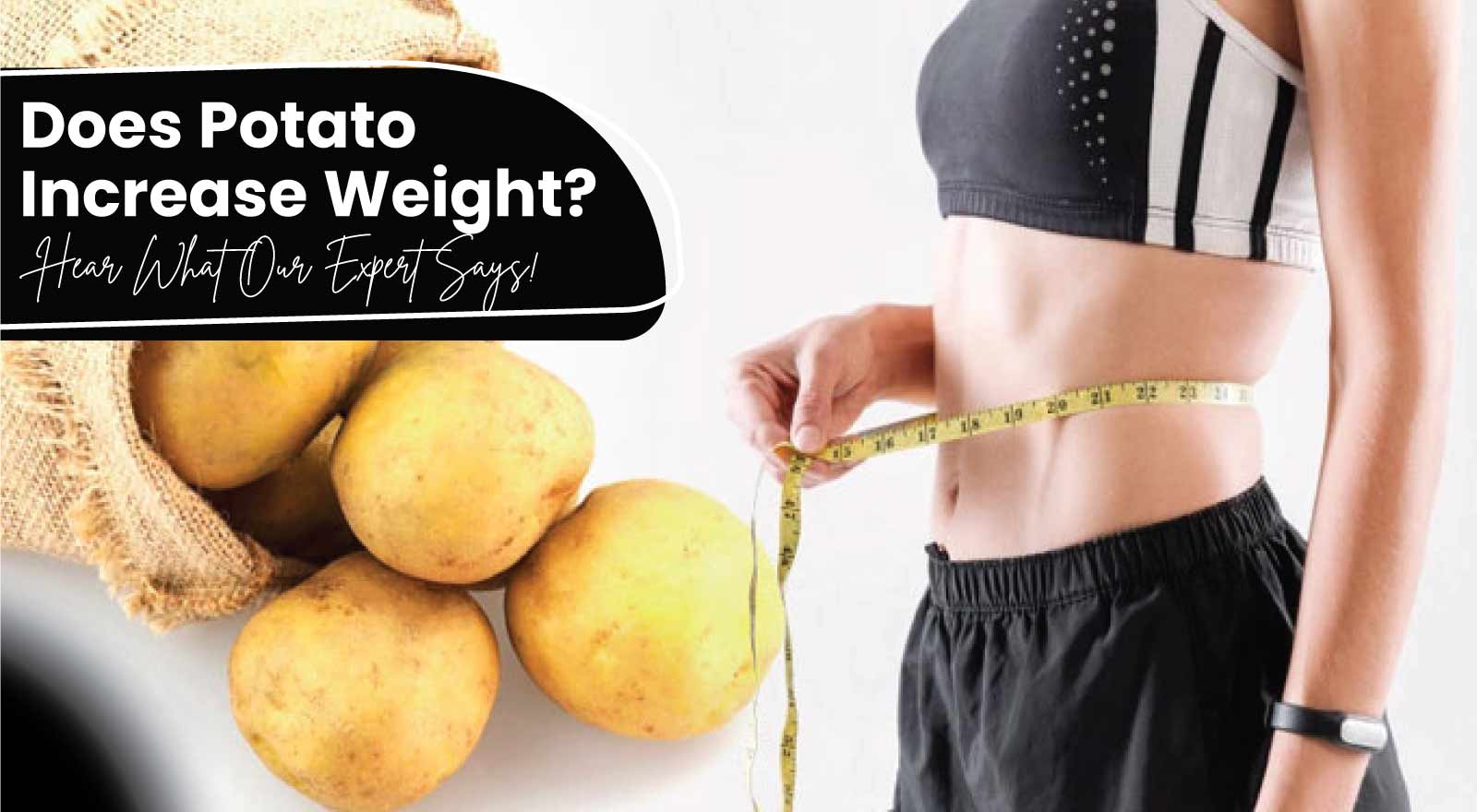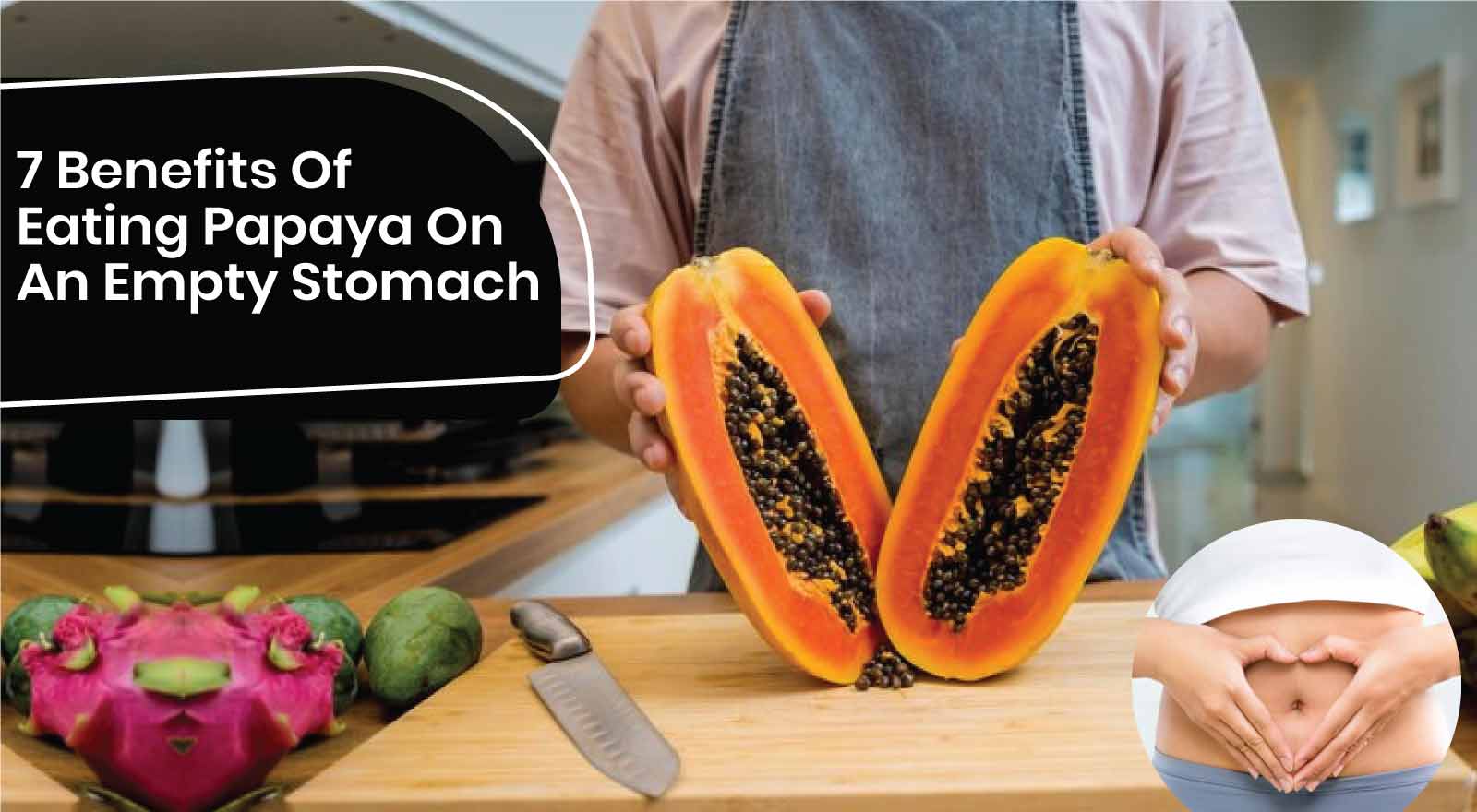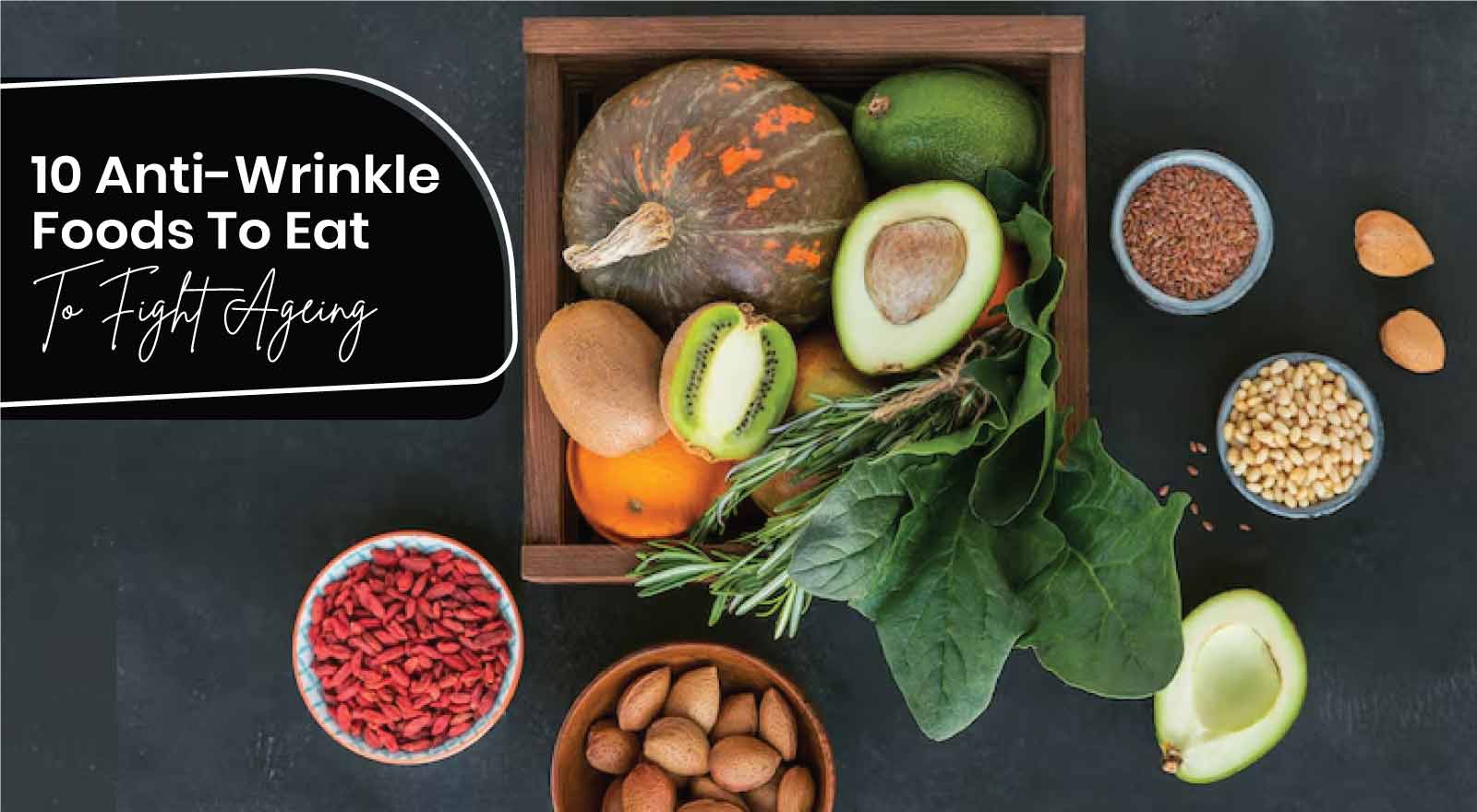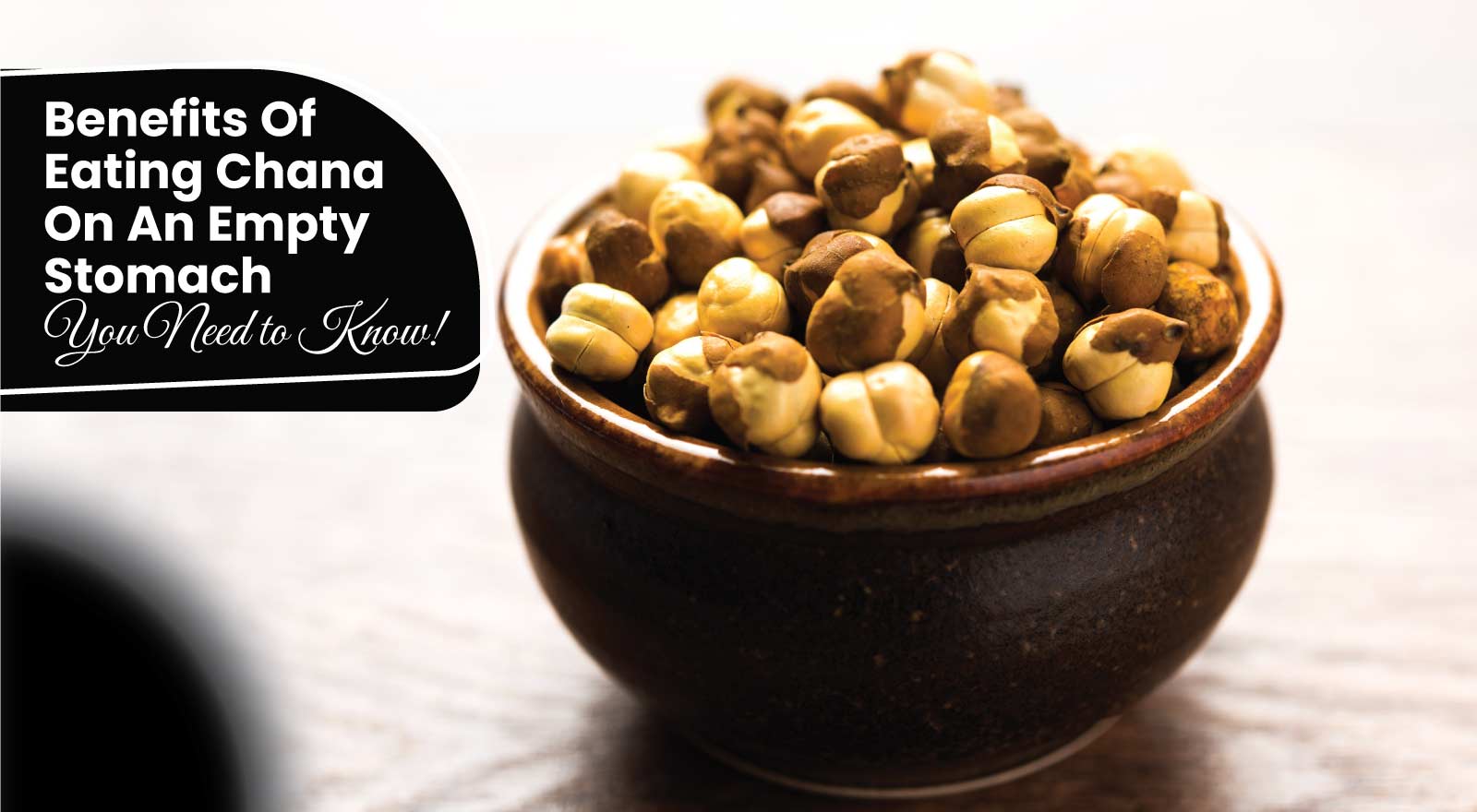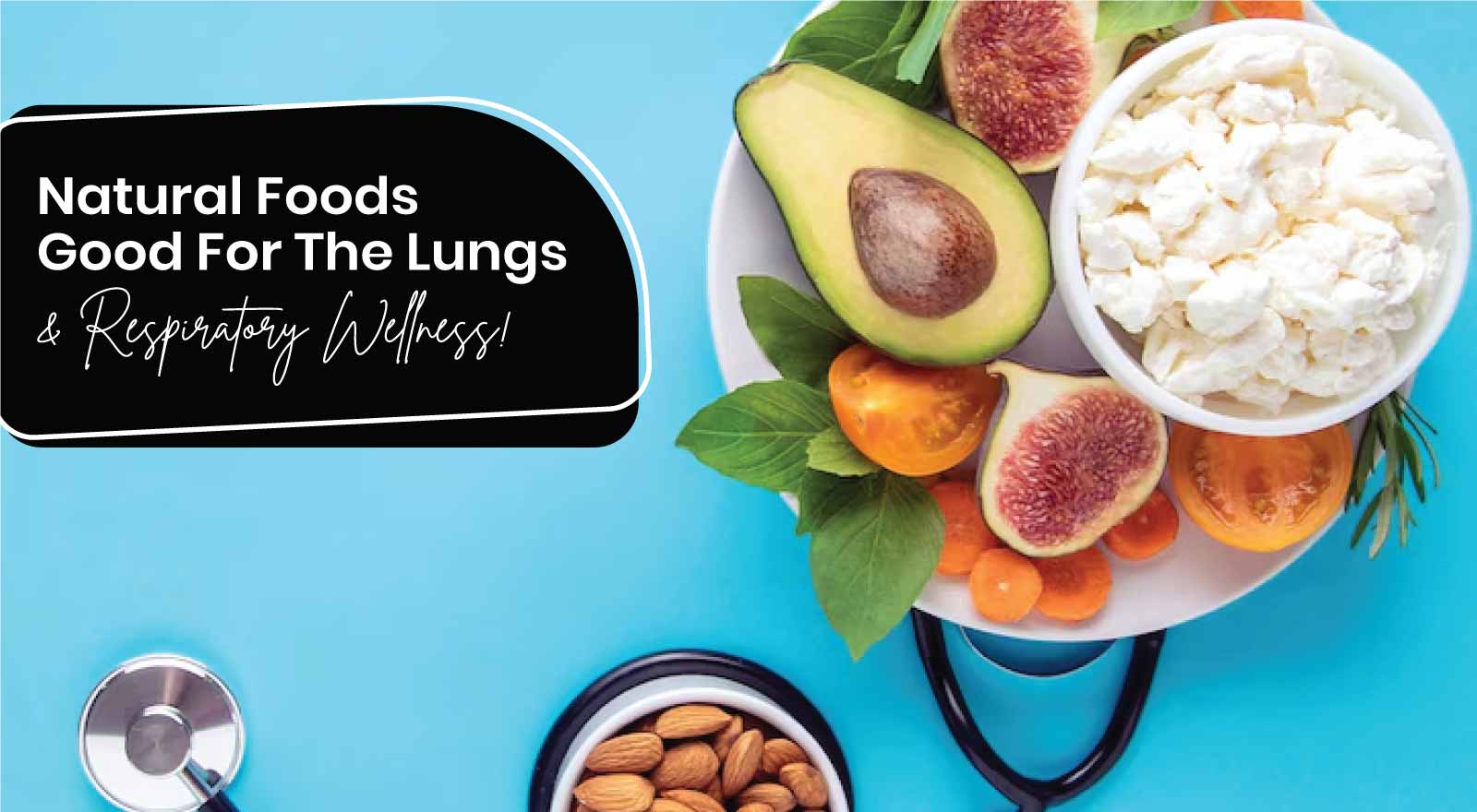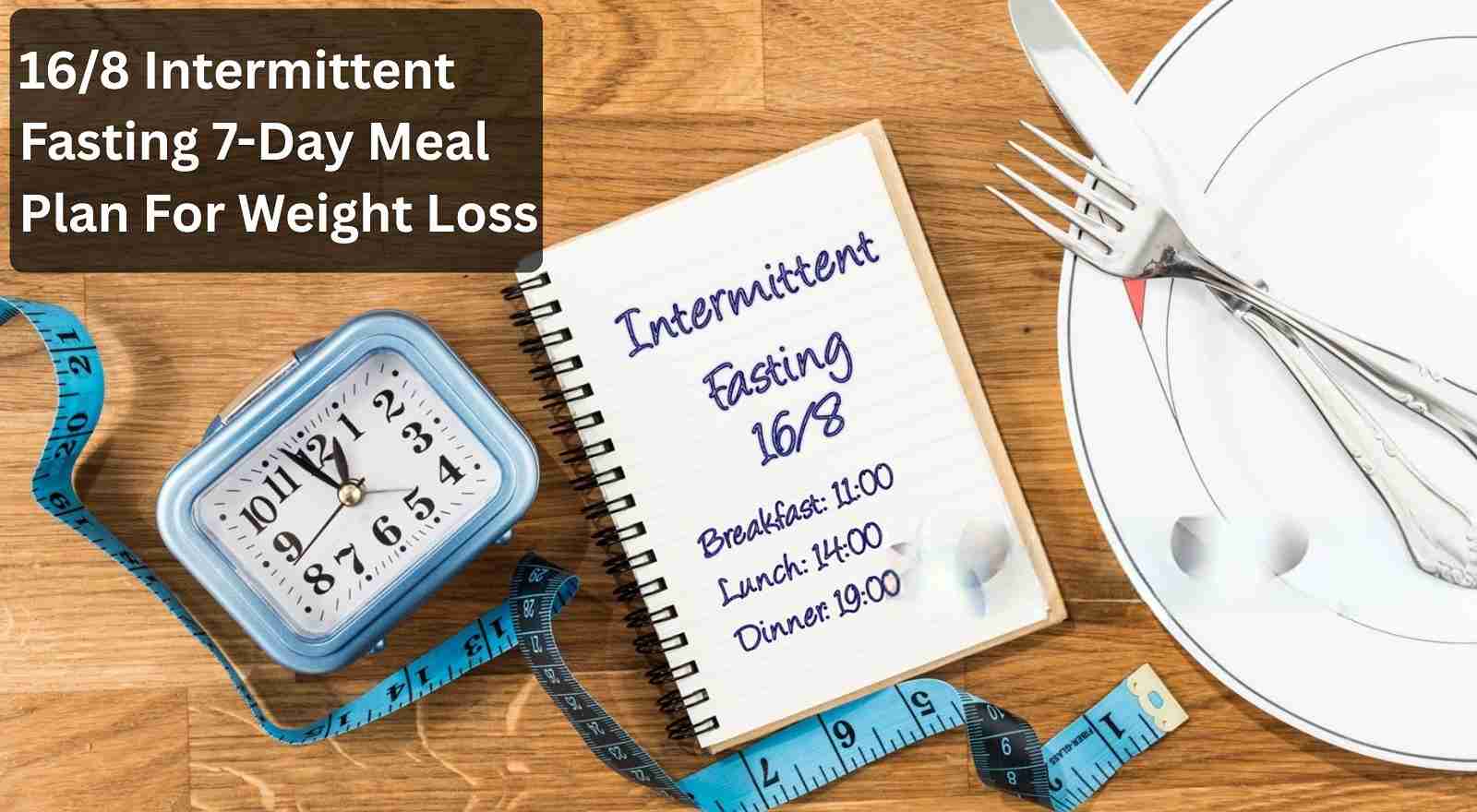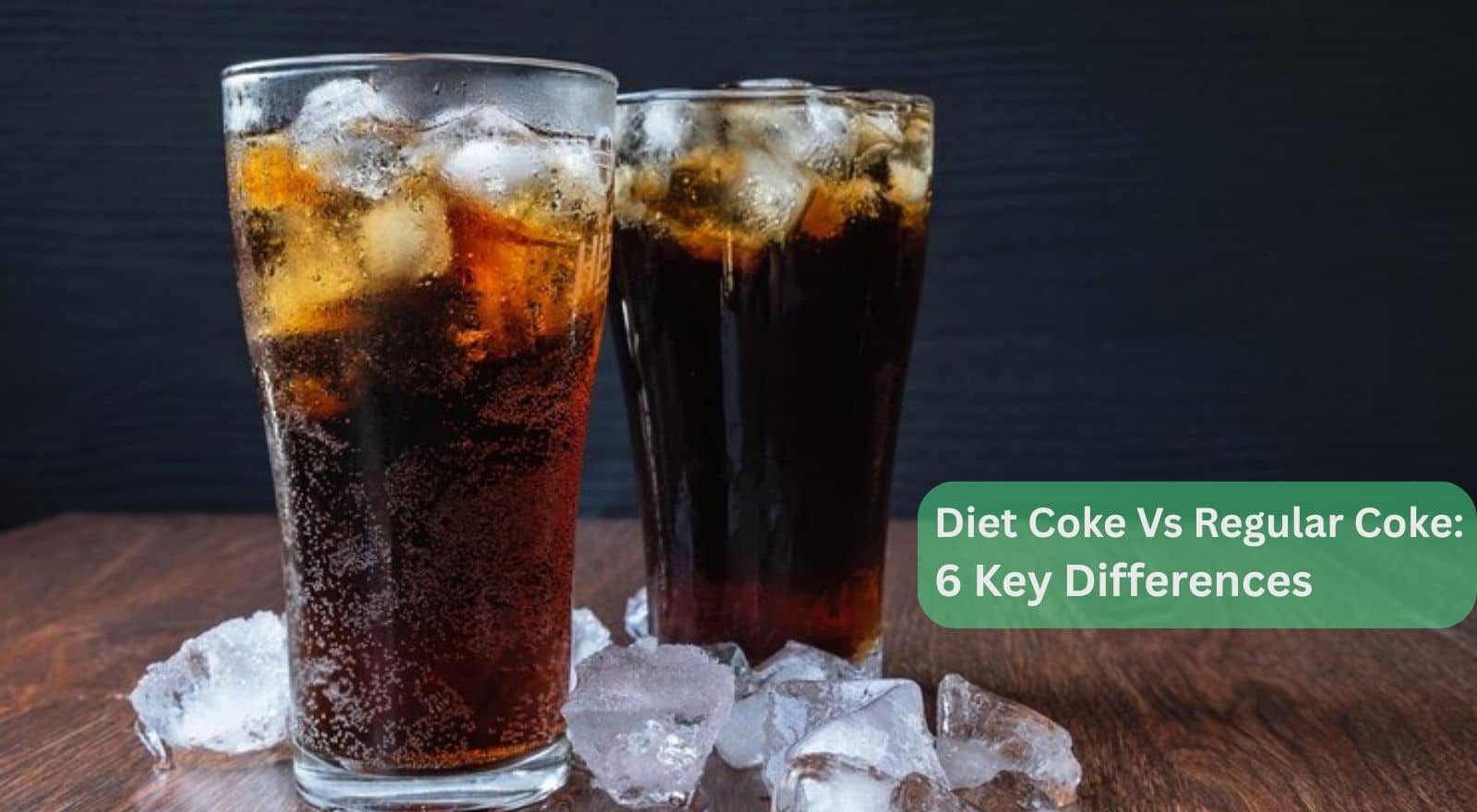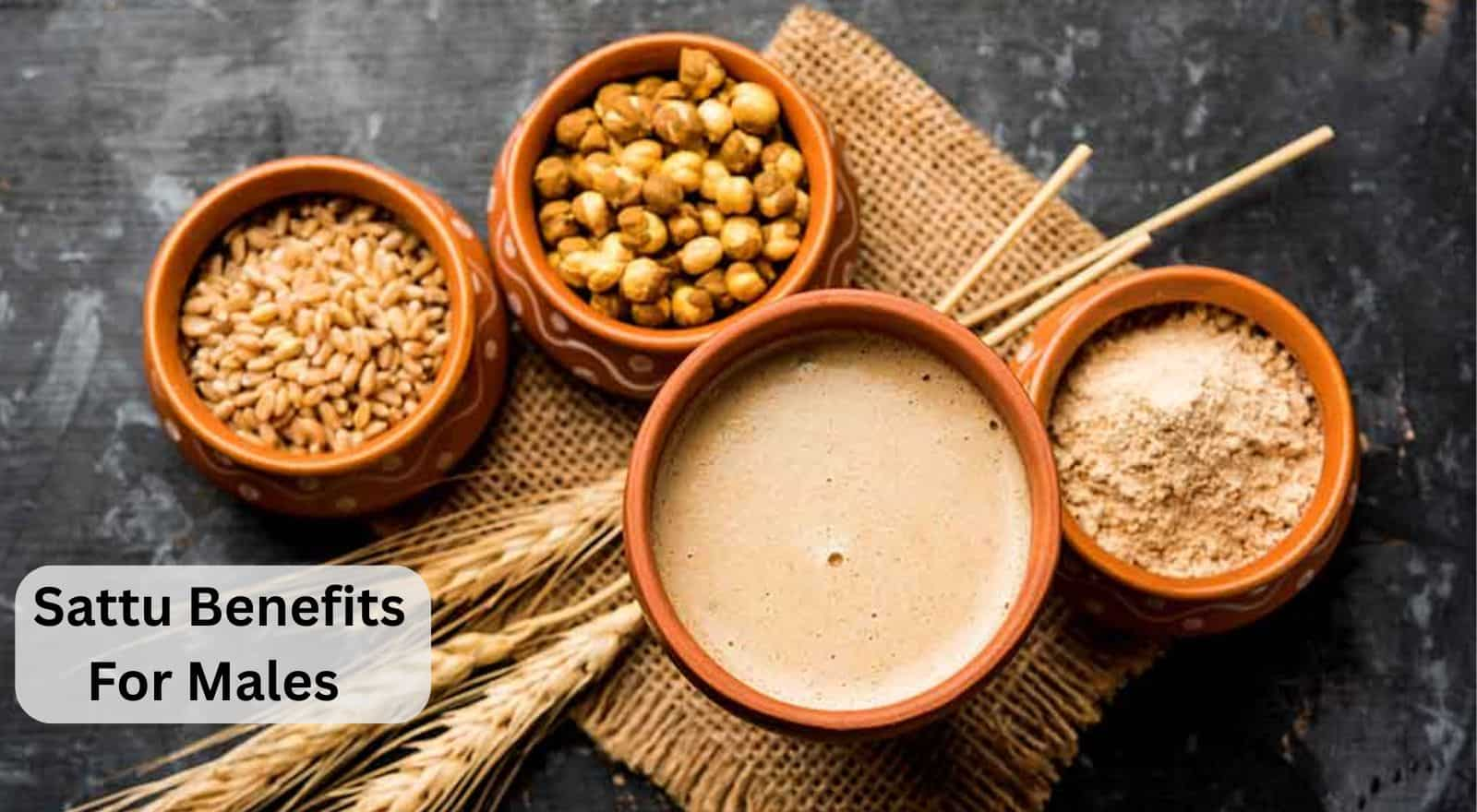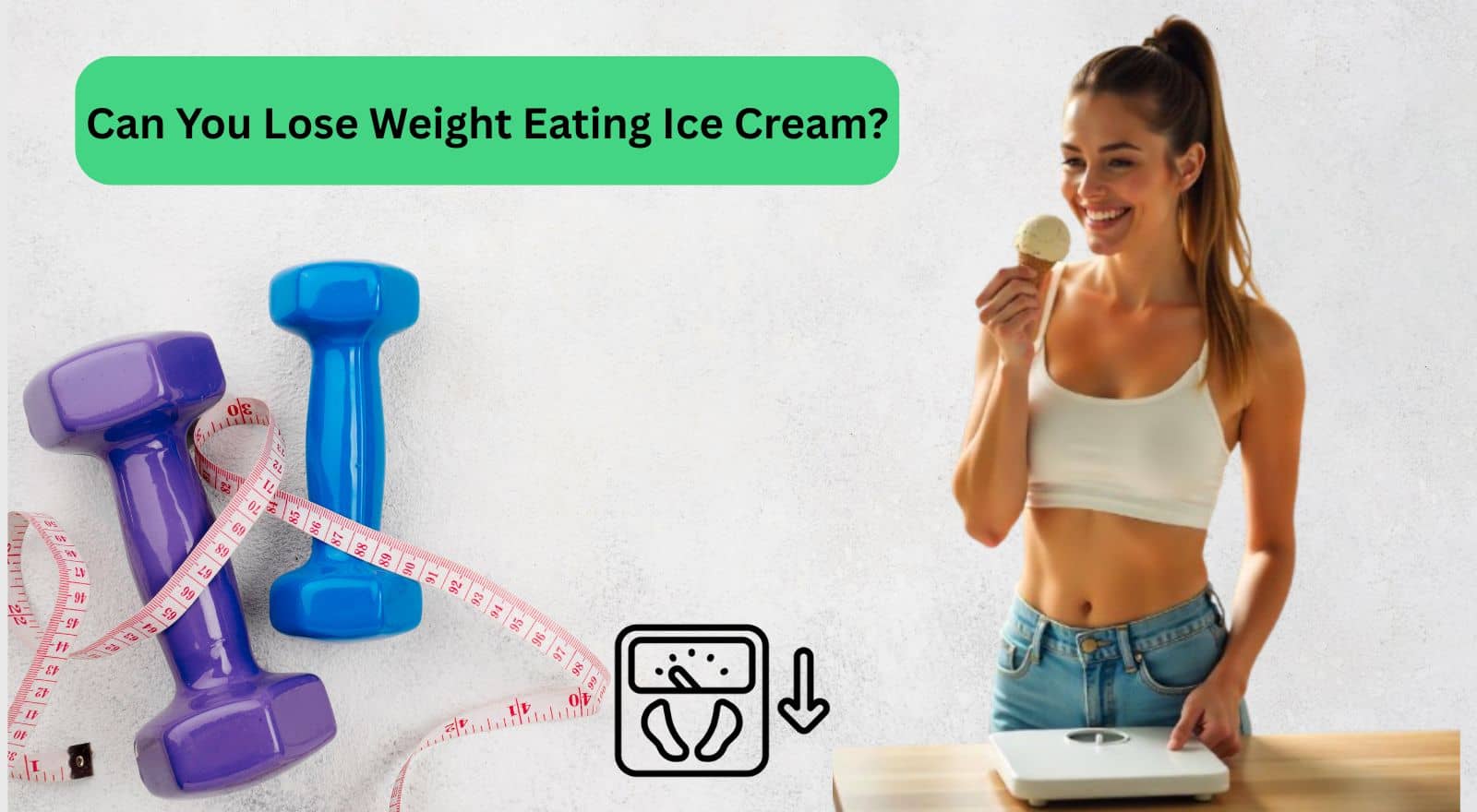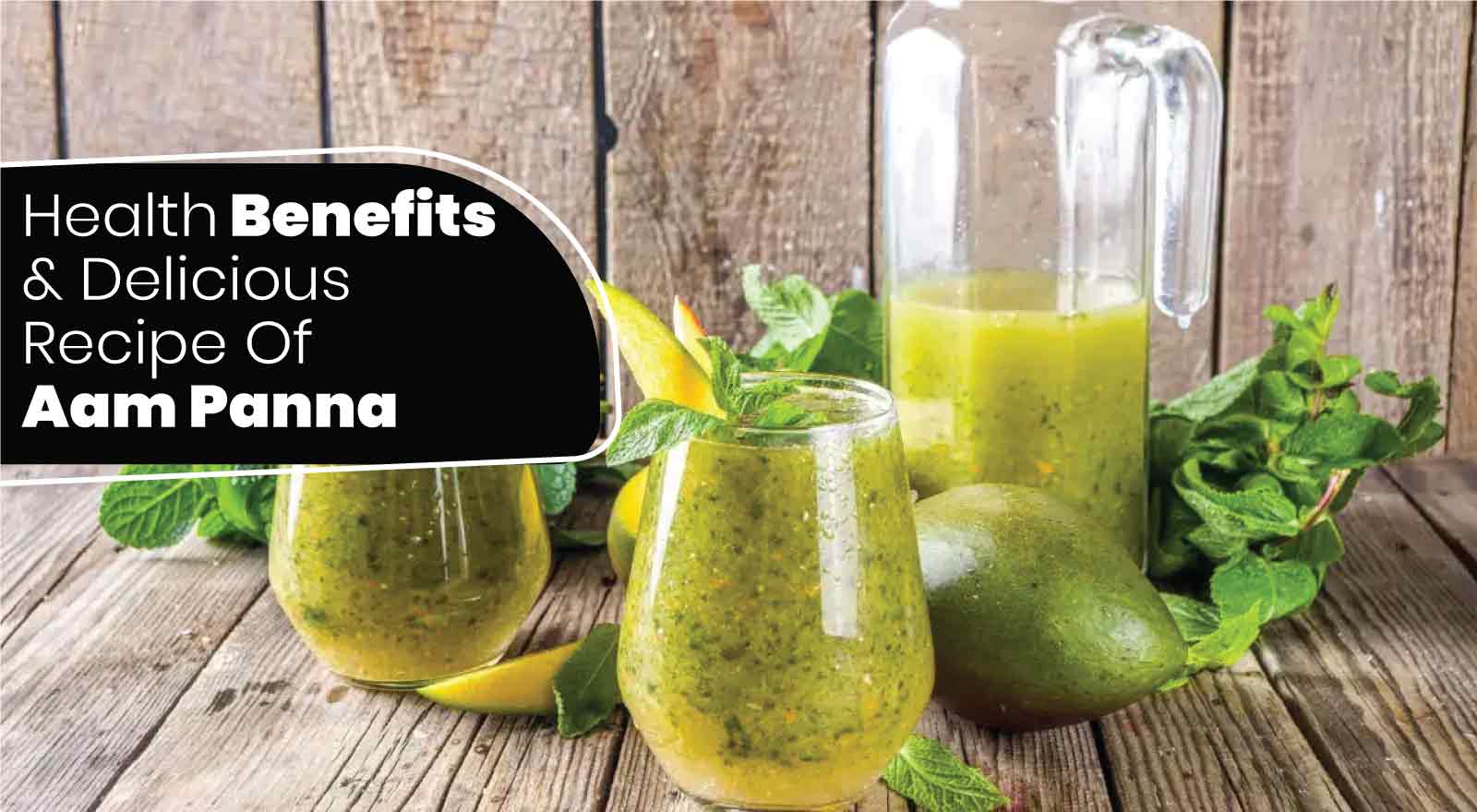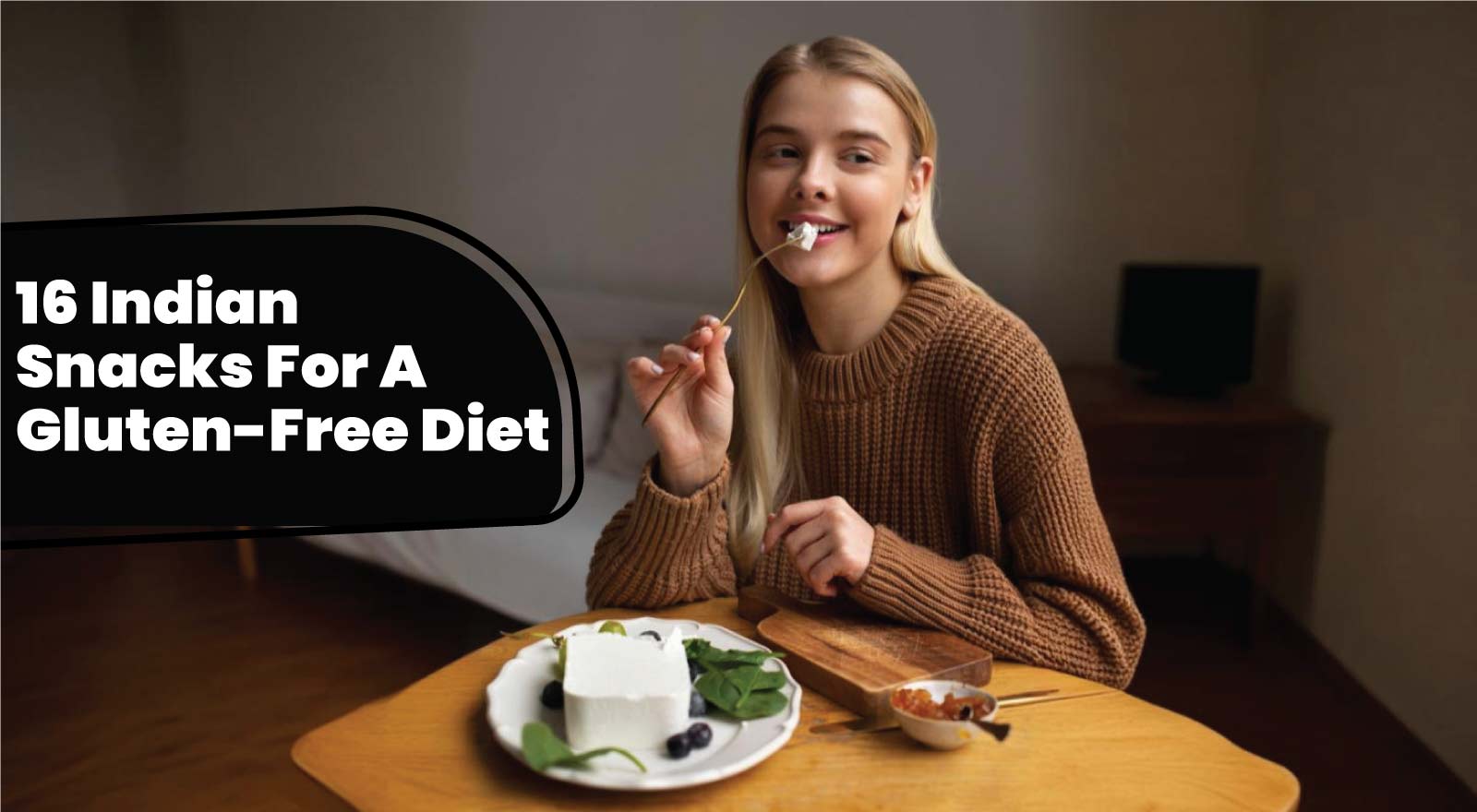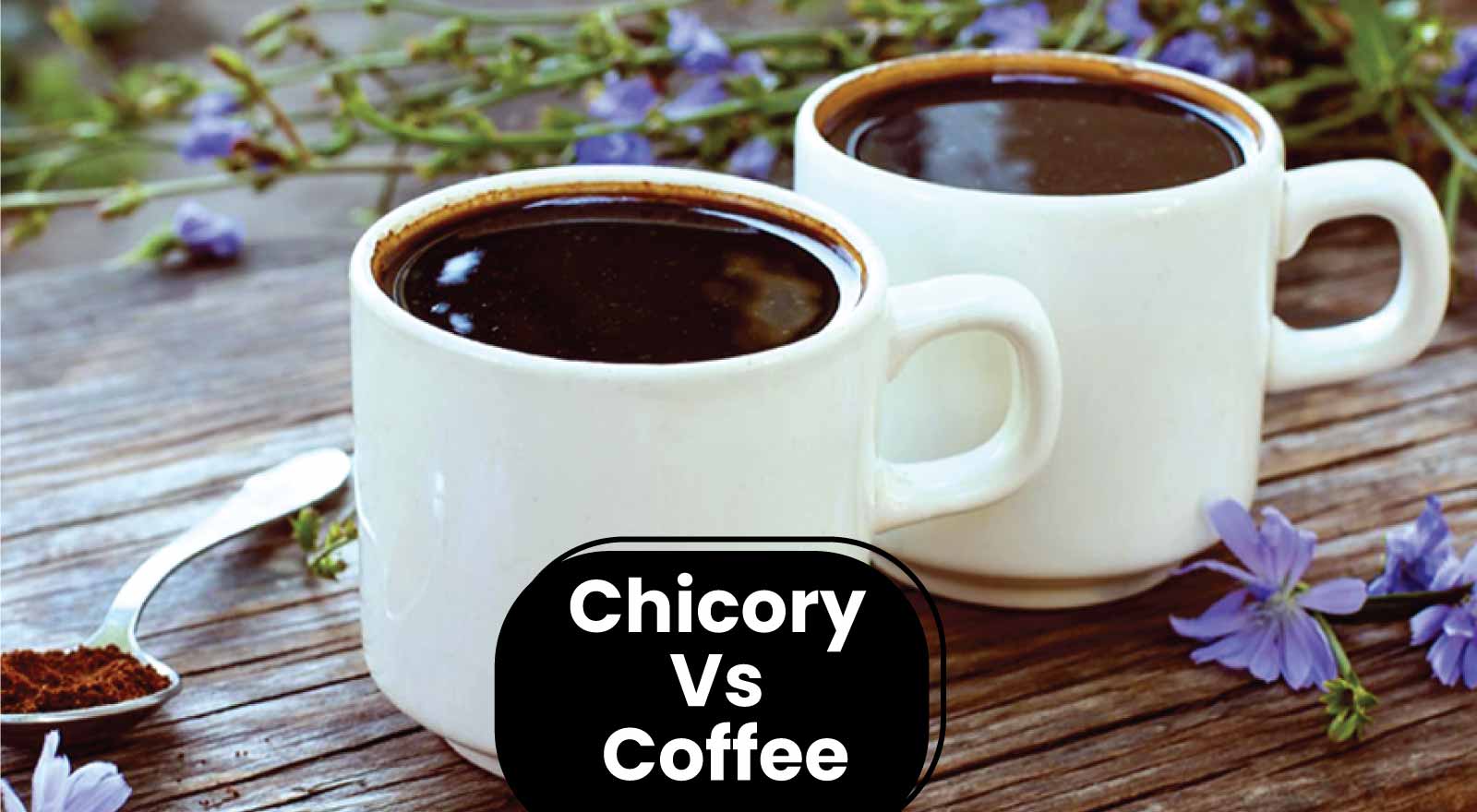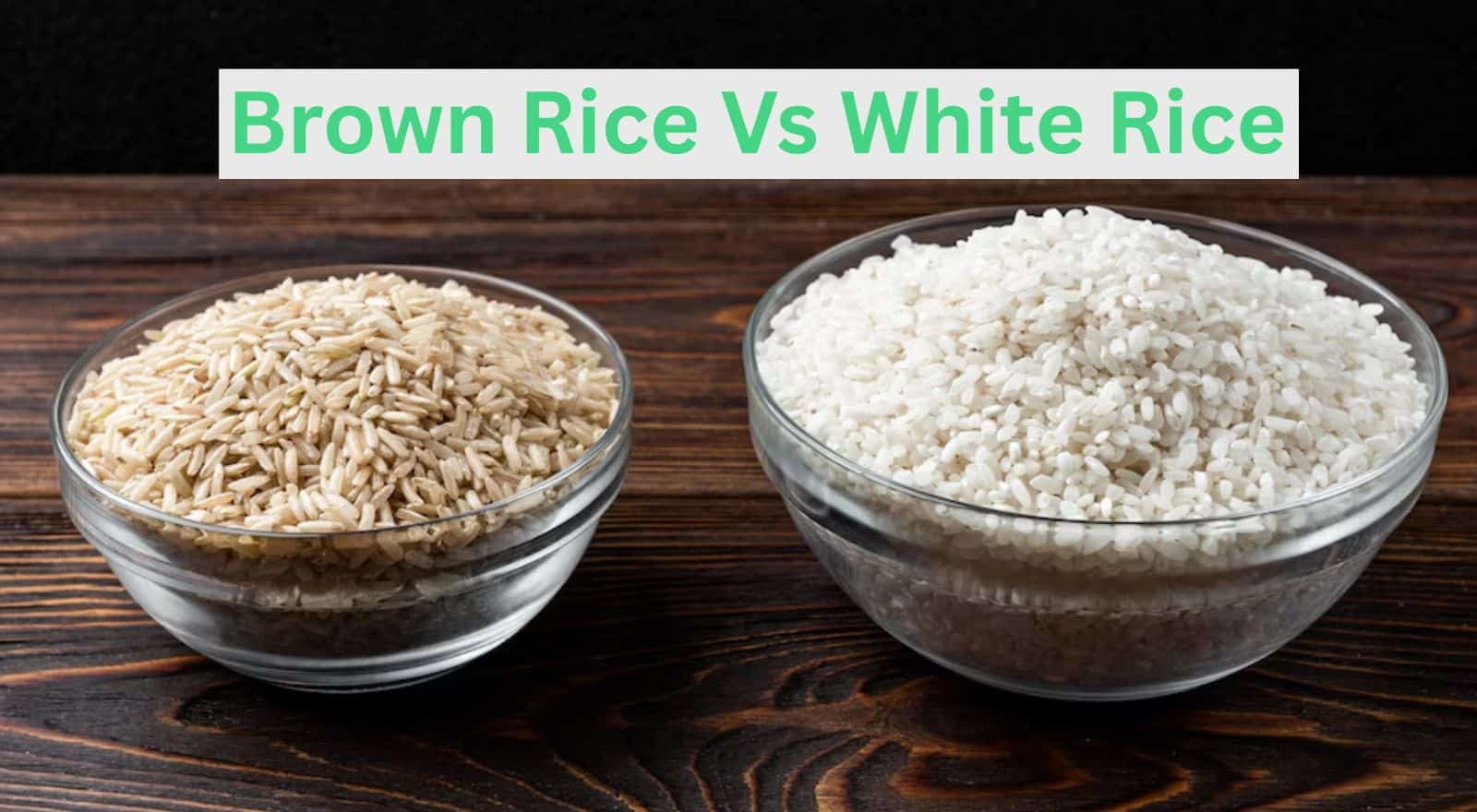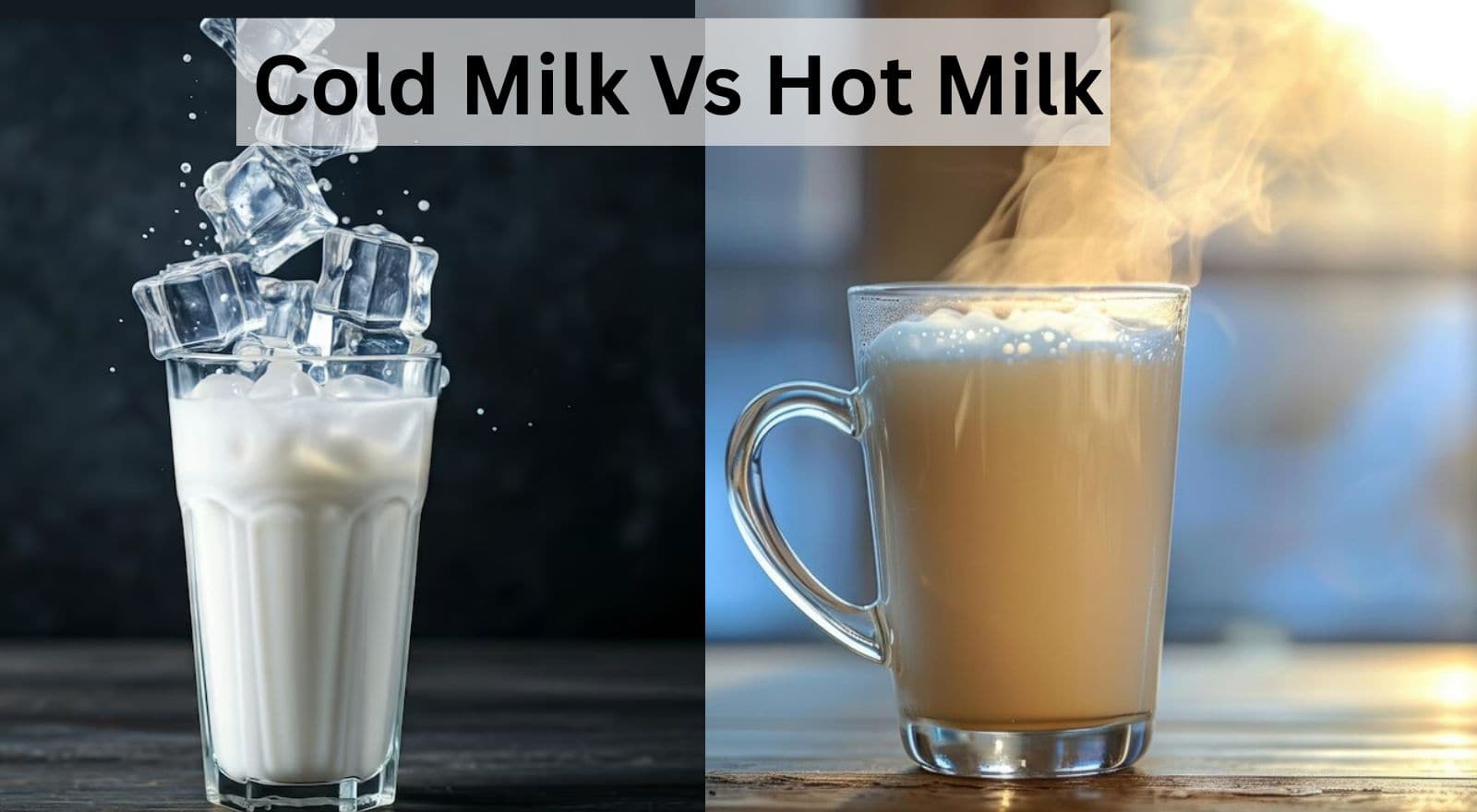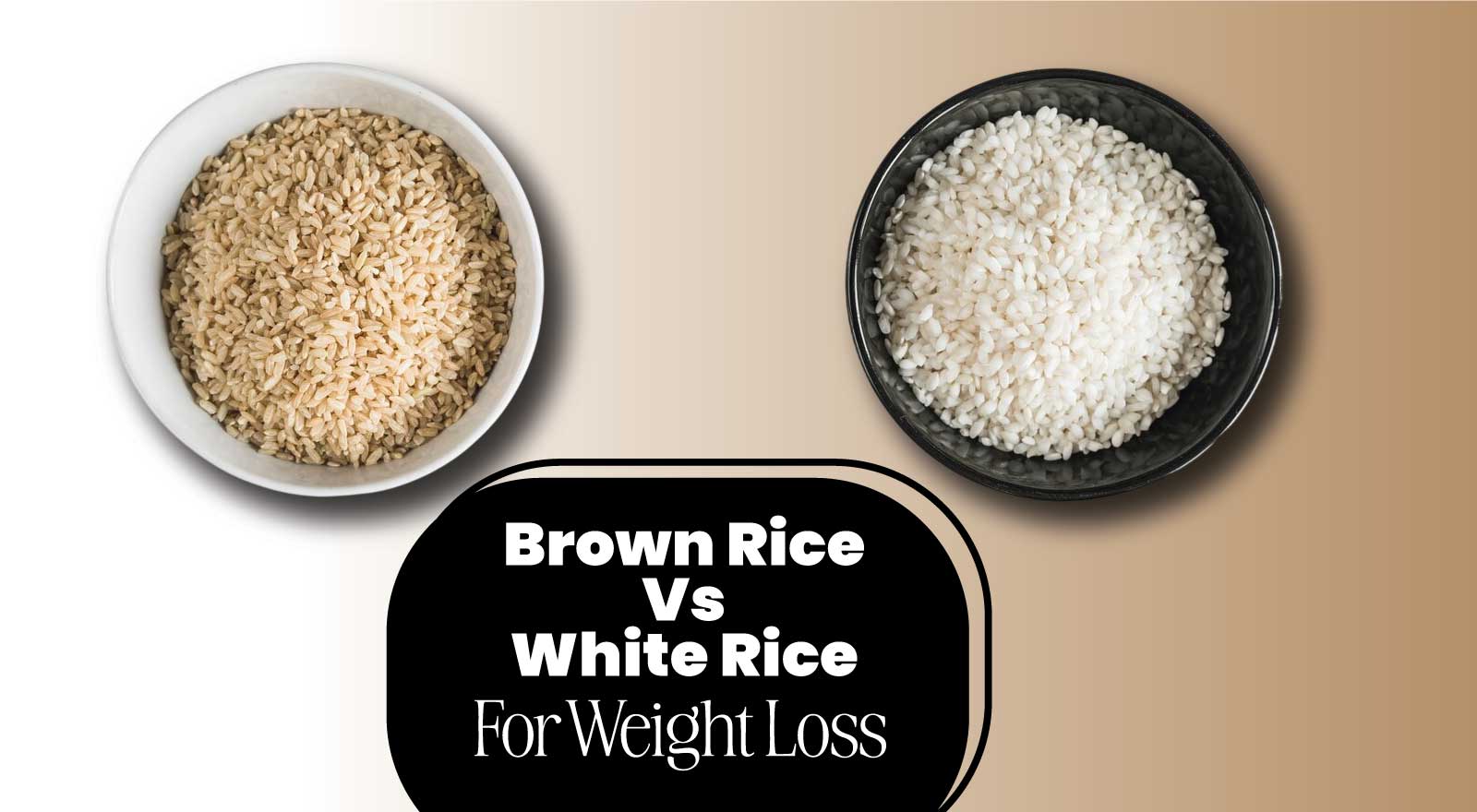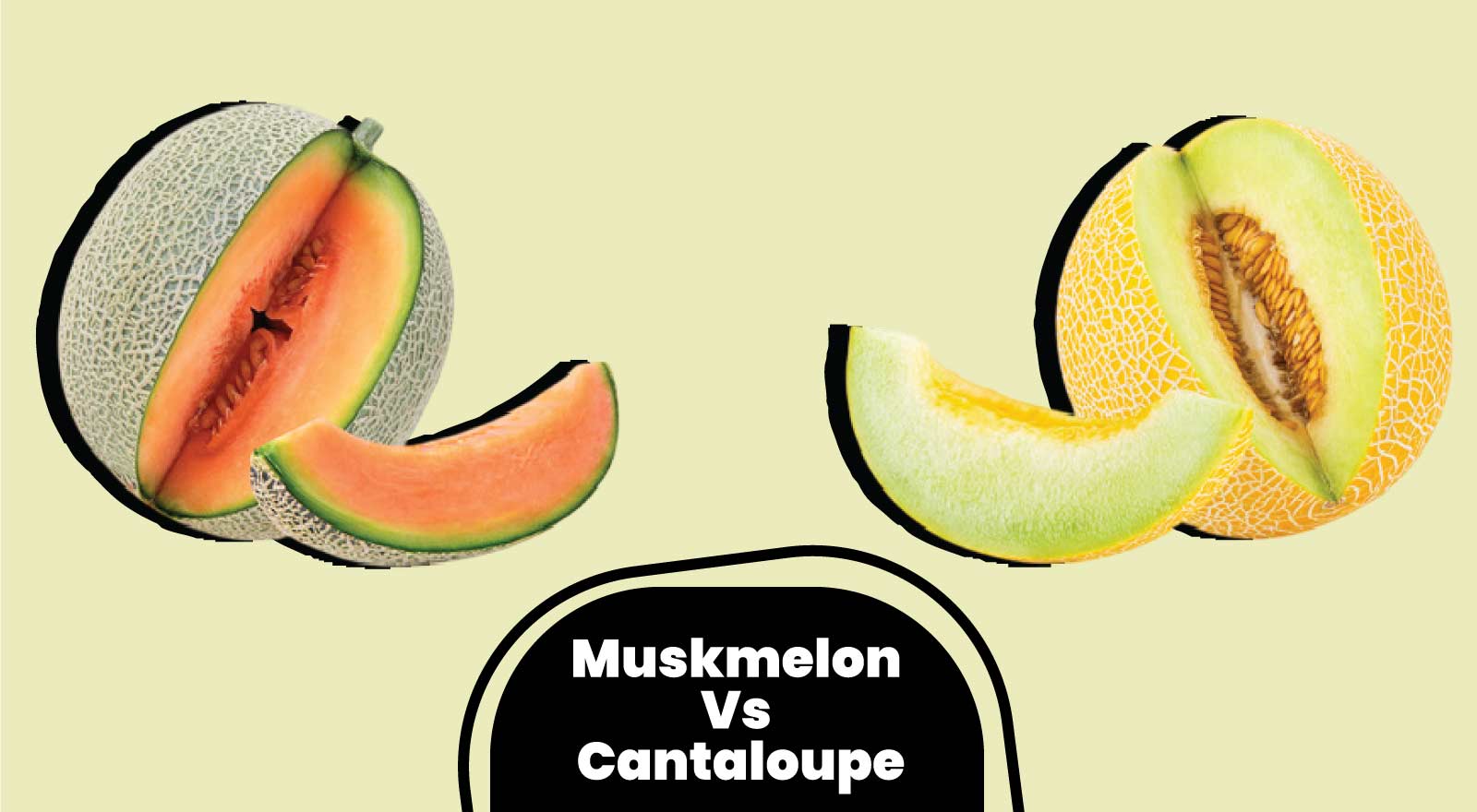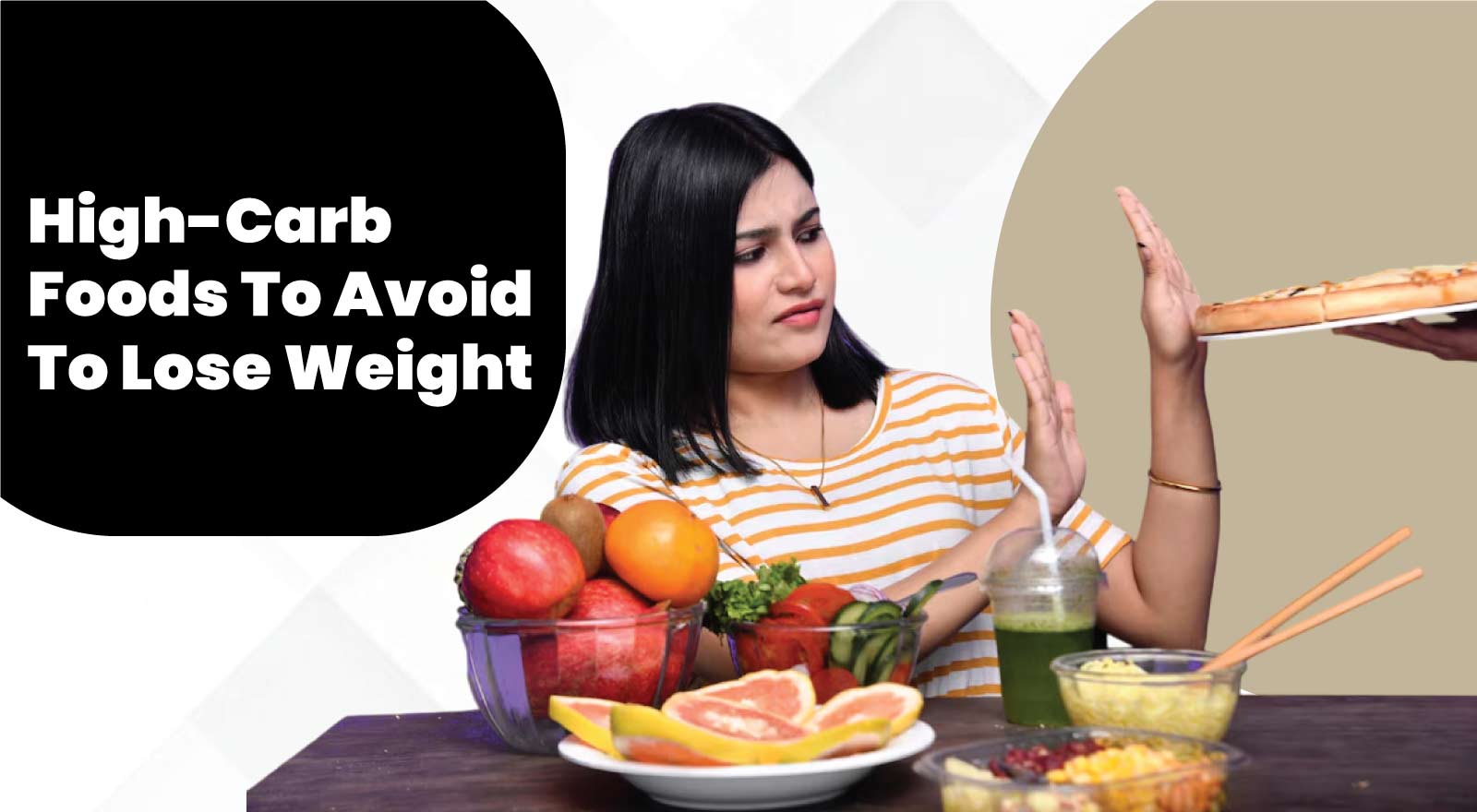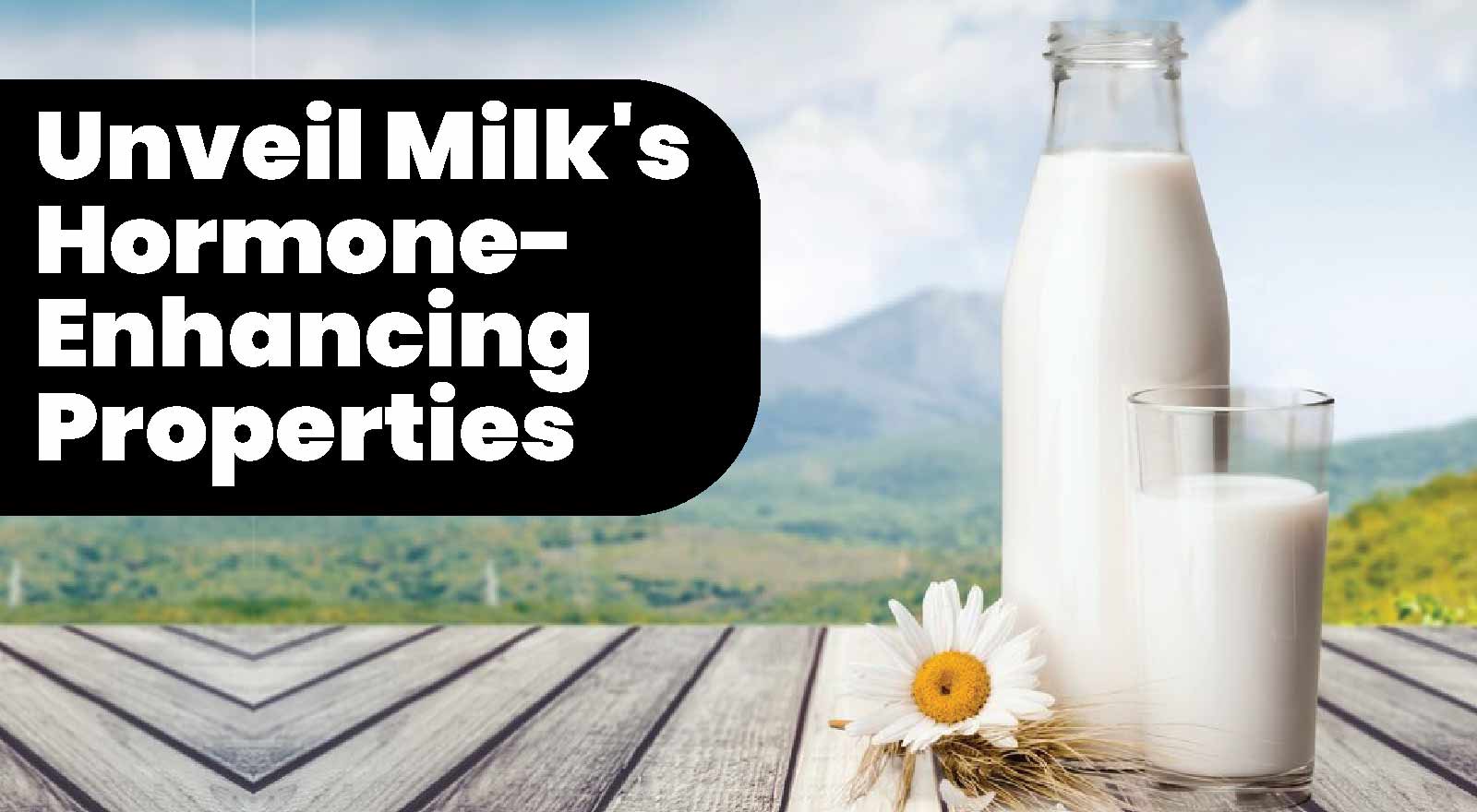Ever stood in the breakfast aisle staring at boxes, wondering whether to go for oats or cornflakes? If you ask yourself which one tastes better, works in more recipes, or keeps you fuller for longer, check out this oats vs cornflakes comparison! It's confusing to choose between these two breakfast staples as both seem healthy and easy to prepare. Oats vs corn flakes isn’t just about nutrition—it’s about exploring flavour, texture, and how each one fits into your daily routine.
Oats bring a hearty, nutty taste and creamy texture when cooked, perfect for warm bowls or baking, while corn flakes offer a light crunch with a slightly sweet flavour that pairs great with cold milk or fruit. From overnight oats to crunchy snacks, the versatility of both is impressive, but only one might truly win your taste buds in the end.
In this fun comparison of oats vs corn flakes, we’ll explore not just which one is healthier, but also which one makes your mornings more delicious and satisfying!
Table Of Contents
1. Which Is Better For You, Corn Flakes Or Oats?
2. Can I Use Cornflakes Instead Of Oats?
3. Is It OK To Eat Corn Flakes Every Day?
4. Expert’s Advice
5. The Final Say
6. FAQs
7. References
Which Is Better For You, Corn Flakes Or Oats?

Choosing the right way to start your day can significantly impact your health and energy levels. When it comes to breakfast cereals, two popular contenders often find themselves in the spotlight: oats and corn flakes. While both offer convenience, their nutritional profiles and overall health benefits differ considerably. Let's delve into a detailed comparison to help you make an informed decision.
1. Corn Flakes: The Crispy Convenience
Cornflakes are a globally loved cereal known for their light, crispy texture and ease of preparation. Simply pour into a bowl, add milk (and often sugar), and breakfast is served in mere moments.
1. What are they made of? Cornflakes are primarily made from milled corn.
2. Nutritional Value (per 100g):
- Calories: 378
- Fat: 0.4 g (However, some sources indicate around 1g of fat per 100g)
- Carbohydrates: 84 g
- Protein: 7.5 g
- Fibre: 1.2 g
- Calcium: 2% of daily value (DV)
3. Benefits of Eating Corn Flakes
- Heart-friendly: Being very low in fat, they can be part of a heart-conscious diet when not consumed with excessive added sugars.
- Low in cholesterol: Naturally cholesterol-free.
- Good source of carbohydrates: Provides quick energy.
- Can be fortified with nutrients: Many brands are enriched to boost their nutritional content.
- Easy to digest: Their simple composition can be gentle on the stomach for some individuals.
- Convenient for weight management (in small portions, without added sugar): Due to their low calorie count per serving, they can fit into a weight-loss plan if portion sizes and added sugars are carefully controlled.
2. Oats: The Nutritious Choice
Oats, available in various forms like steel-cut, rolled, and instant, are a breakfast staple celebrated for their rich nutritional content and versatility.
1. What are they made of? Oats are whole grains that are minimally processed.
2. Nutritional Value (per 100g):
- Calories: 607
- Fat: 10.8 g
- Carbohydrates: 103 g (primarily complex carbohydrates)
- Protein: 26.4 g
- fibre: 16.5 g (rich in beta-glucan)
- Calcium: 8% of DV
- Other minerals: Iron, thiamine, zinc, magnesium, selenium.
3. Benefits of Eating Oats:
- High in fibre: The soluble fibre, beta-glucan, is known to lower bad cholesterol levels and help regulate blood sugar. It also promotes feelings of fullness.
- Sustained energy release: Being primarily complex carbohydrates, oats provide a slow and steady release of energy, keeping you feeling full and energised for longer.
- Aids digestion and prevents constipation: The high fibre content promotes healthy bowel movements.
- Supports weight management: Is oats good for weight loss? The combination of high fibre and protein helps control appetite and reduce overall calorie intake.
- Regulates blood sugar: The low glycemic index of oats helps prevent sharp spikes in blood sugar, making them beneficial for individuals managing diabetes or insulin resistance.
- Supports heart health: Beta-glucan's cholesterol-lowering properties contribute to a healthy cardiovascular system.
- Naturally gluten-free (if certified): While oats themselves don't contain gluten, they can be contaminated during processing. Opt for certified gluten-free oats if you have gluten intolerance or celiac disease.
- Rich in essential minerals: Provides important nutrients like iron, magnesium, and zinc.
- Boosts metabolism: The high fibre content can contribute to a faster metabolism.
Try ToneOp Fit's Balanced Diet Weight Loss Plan, which emphasises whole foods like fruits, fresh vegetables and seeds, plus high-protein, low-carb food choices for sustainable weight loss. The plan features a personalised diet, and access to over 40,000 healthy weight loss recipes allows you to enjoy many delicious meals.
The Verdict: Which is Better for You?
While both corn flakes and oats can be part of a balanced diet, oats generally emerge as the healthier and more nutritious option, especially for breakfast.
- Protein and Fibre Power: Oats boast significantly higher amounts of both protein and fibre than corn flakes. Protein contributes to satiety and muscle maintenance, while fibre aids digestion, regulates blood sugar, and promotes heart health. Also, oats are the preferred foods for post-workout recovery.
- Glycemic Index Advantage: Oats have a lower glycemic index, leading to more stable blood sugar and sustained energy. Corn flakes, especially sweetened varieties, can cause rapid blood sugar spikes followed by crashes.
- Nutrient Density: Oats offer a wider array of essential minerals and the added benefit of beta-glucan.
- Weight Management: The higher fibre and protein content in oats makes them a more effective choice for promoting satiety and aiding in weight management.
Oats VS Corn Flakes: How to Enjoy Them Healthier?
Oats: Enhance the nutritional value and flavour of your oats by adding fresh or dried fruits, nuts, seeds (like chia or flax seeds), a sprinkle of spices like cinnamon, or natural sweeteners like a small amount of honey or stevia. Be mindful of added sugars. Oats can also be included in savoury healthy foods for weight loss.
Corn Flakes: If you enjoy corn flakes, choose unsweetened or low-sugar varieties. Boost their nutritional content by serving them with milk and adding a variety of fresh fruits (berries, bananas, apples) and a sprinkle of nuts or seeds. This adds fibre, vitamins, and minerals that are lacking in plain cornflakes.
Also Read: 20 Weight Loss Fibre Foods And Their Benefits | ToneOp Fit
Can I Use Cornflakes Instead Of Oats?
Yes, you can use cornflakes instead of oats in some situations, but it's important to understand the differences, especially nutritionally. Consider these significant factors:
1. Oats VS Corn Flakes Nutritional Differences
Oats generally offer more fibre and protein compared to cornflakes. This means oats can keep you feeling fuller for longer and provide a more sustained release of energy. Cornflakes, especially processed or sugary varieties, tend to be lower in fibre and can have added sugars, leading to quicker energy spikes and crashes.
2. Oats VS Corn Flakes Culinary Uses
As a Breakfast Cereal: In this straightforward swap, you can definitely pour milk over cornflakes instead of oats. The texture will be different (crispier vs. softer/chewier), and the satiety level might not be the same.
- In Recipes: Whether you can substitute depends heavily on the recipe, like in the best fat-burning breakfast foods:
- Baking (e.g., in cookies, crumbles): Rolled oats provide a specific texture and absorb liquid differently than crushed cornflakes. While you could try cornflakes for a different texture, the outcome will likely be significantly different and might not be desirable.
- Coatings (e.g., for chicken or fish): Crushed cornflakes can sometimes be used as a crispy coating similar to breadcrumbs or panko, offering a different flavour and texture than rolled or ground oats.
Try ToneOp Care's raw, unroasted Sunflower Seeds and Pumpkin Seeds products as a nutritious snack with balanced nutrients that gives enough protein to support your body and keep you energized without the excess calories.
- Smoothies: Cooked and cooled oats can add creaminess and fibre to smoothies. Cornflakes wouldn't offer the same texture or nutritional benefits in this context.
- Overnight "Oats": This concept relies on the liquid-absorbing properties of oats. Cornflakes would likely become soggy and wouldn't create the same creamy texture.
While you can technically replace oats with cornflakes as a simple breakfast cereal, you'll be missing out on the higher fibre and protein content that oats provide. For recipes, the suitability of substitution varies greatly depending on the desired texture and the role the oats play.
Also Read: 10 Calorie-Heavy Indian Foods To Avoid For Weight Loss
Is It OK To Eat Cornflakes Every Day?
While cornflakes offer convenience as a quick breakfast option, eating them every day might not be the most beneficial habit for your overall health. Here's why:
- High Sugar Content: Many commercially available cornflakes contain added sugars. Consuming high amounts of added sugar regularly can increase the risk of type 2 diabetes, lead to energy crashes, and contribute to weight gain.
- Low in Fibre: Compared to oats, cornflakes are significantly lower in dietary fibre. Fibre is crucial to boost your digestion, and promote feelings of fullness for weight management. A lack of fibre might leave you feeling hungry sooner after eating cornflakes.
- Low in Protein: Cornflakes are also not a significant source of protein, another nutrient for satiety, muscle repair, and wellness. A breakfast lacking in protein might not keep you feeling satisfied until your next meal.
- Refined Grains: Cornflakes are made from refined corn, which means they lack some of the vitamins, minerals, and fibre found in whole corn kernels.
In short, while eating cornflakes every day isn't necessarily acutely harmful, it's generally not the most nutritious breakfast choice due to their high sugar content and low levels of fibre and protein. Including whole grains like oats, along with eggs, yoghurt, fruits, and vegetables, would be a more beneficial daily breakfast.
Also Read: What Is A Raw Food Diet 10 Amazing Benefits | ToneOp Fit
Expert’s Advice
In general, oats keep you fuller for longer than corn flakes, which is due to their high fibre content. However, I advise that whether you select oats or cornflakes, you stick to a small quantity (approximately 30g) and avoid overeating, as overeating, even with something light, might hinder your weight loss. Remember to combine your cornflakes and oats with a handful of moong dal sprouts or some roasted chana to improve the protein value, as well as fruits, nuts, and vegetables to raise the fibre.
Health Expert
Lavina Chauhan
The Final Say
While cornflakes offer a quick and convenient breakfast, oats provide a more substantial and nutritionally superior start to your day. Their higher fibre and protein content, lower glycemic index, and rich mineral profile make them a better choice for overall health, sustained energy, and weight management. By making mindful choices about toppings and portion sizes, both can fit into a balanced diet, but oats generally offer a greater nutritional advantage.
FAQs
1. How much protein is in 100g of oats?
About 11 to 17 grams of protein are in 100 grams of oats. Oats are a good source of plant-based protein.
2. How healthy is a bowl of cornflakes?
Cornflakes can be part of a healthy meal when you eat a balanced diet. They are easy and crunchy, but don't have as many good things as some whole grains like oats. Also, they can have a lot of sugar.
3. How are oats vs corn flakes for weight loss?
Oats are usually better for weight loss than cornflakes. Oats have more fibre and protein, which can help you feel full longer. They also don't spike your blood sugar as much, which can help with cravings. Cornflakes can have added sugar and might not be as helpful for weight loss.
References
- https://timesofindia.indiatimes.com/life-style/food-news/oats-vs-cornflakes-which-is-a-better-breakfast-option/amp_etphotostory/84263311.cms
- https://www.jagran.com/lifestyle/health-which-breakfast-of-oats-or-corn-flakes-would-be-best-for-you-find-out-here-21741812.html
- https://news.abplive.com/health/oats-vs-cornflakes-which-is-healthier-1469186#goog_rewarded
- https://www.livegusto.com/oats-vs-corn-flakes/
- https://www.fitterfly.com/blog/is-cornflakes-good-for-weight-loss/#:~:text=Which%20oats%20or%20cornflakes%20are,keeping%20you%20full%20for%20longer.
- https://www.healthshots.com/healthy-eating/superfoods/side-effects-of-eating-cornflakes-for-breakfast-daily/
About ToneOp Fit
ToneOp Fit is a platform dedicated to improving and maintaining good health through a comprehensive range of goal-oriented health plans with up to 3 Coach support. With a range of Weight Management, Medical Condition, Detox Plans, and Face Yoga Plans, the app also provides premium health trackers, recipes and health content. Get customised diet, fitness, naturopathy & yoga plans and transform with ToneOp.











